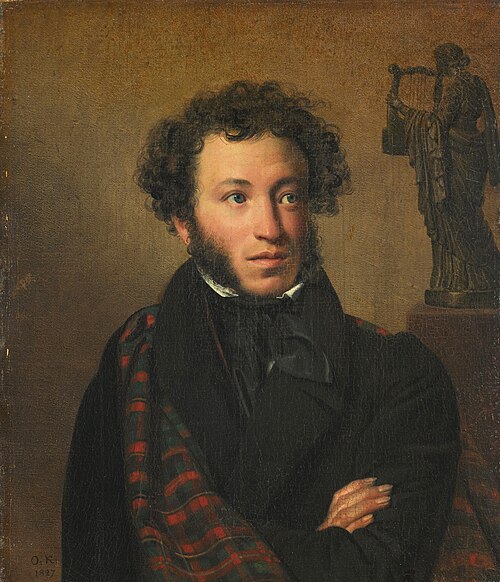Sonnetnoun
A fixed verse form of Italian origin consisting of fourteen lines that are typically five-foot iambics and rhyme according to one of a few prescribed schemes.
Sonnetverb
(intransitive) To compose sonnets.
Sonnetverb
(transitive) To celebrate in sonnets; to write a sonnet about.
Sonnetnoun
A short poem, - usually amatory.
Sonnetnoun
A poem of fourteen lines, - two stanzas, called the octave, being of four verses each, and two stanzas, called the sestet, of three verses each, the rhymes being adjusted by a particular rule.
Sonnetverb
To compose sonnets.
Sonnetnoun
a verse form consisting of 14 lines with a fixed rhyme scheme
Sonnetverb
praise in a sonnet
Sonnetverb
compose a sonnet
Sonnet
A sonnet is a poetic form which originated in the Italian poetry composed at the Court of the Holy Roman Emperor Frederick II in Palermo, Sicily. The 13th-century poet and notary Giacomo da Lentini is credited with the sonnet's invention for expressing courtly love.
Poemnoun
A literary piece written in verse.
Poemnoun
A piece of writing in the tradition of poetry, an instance of poetry.
Poemnoun
A piece of poetic writing, that is with an intensity or depth of expression or inspiration greater than is usual in prose.
Poemnoun
A metrical composition; a composition in verse written in certain measures, whether in blank verse or in rhyme, and characterized by imagination and poetic diction; - contradistinguished from prose; as, the poems of Homer or of Milton.
Poemnoun
A composition, not in verse, of which the language is highly imaginative or impassioned; as, a prose poem; the poems of Ossian.
Poemnoun
a composition written in metrical feet forming rhythmical lines




































